Similar Posts
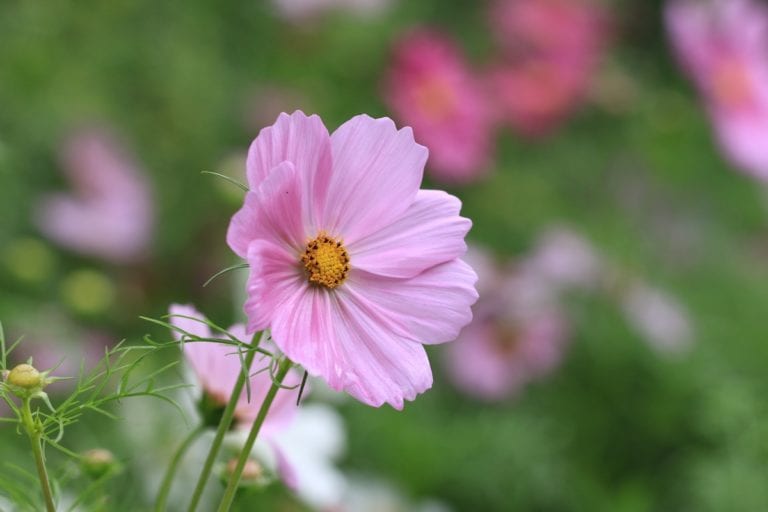
914th Week: Discovering Moments of Delight
Walking in Central Park this morning, I came across a Springer spaniel who was having the time of her life. I watched her run full tilt here and there, sometimes chasing a squirrel, sometimes a bird, but mostly just running full out. Every so often, she would orient to her human companions and then take off again. It was clear that she was experiencing complete delight and I noticed that my body resonated with her and also filled up with a sense of freedom and delight. I wish I had a video of her to share, as it was one of the most exuberant expressions of pure enjoyment I’ve seen in a long time.
Noticing how energized, enlivened, and filled up my body and psyche felt as I watched this sweet earth-kin enjoy herself, the experience got me to thinking about how important this kind of nourishment is for the well-being of our entire body-mind being. I often feel delight when watching the three felines who live with me, as they engage in their own forms of play and discovery. I also touch into this experience at times when watching animal videos on Facebook.
Read More “914th Week: Discovering Moments of Delight”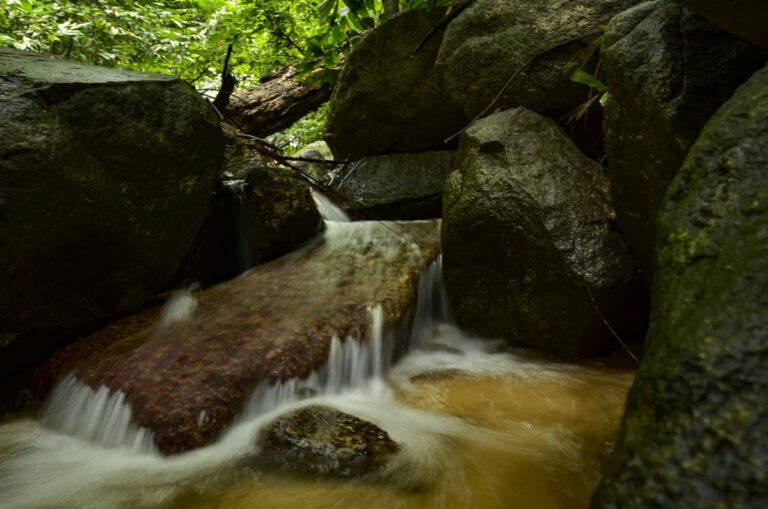
836th Week: Noticing Where We Put Our Energy
I just saw a little dog standing in an open area of lawn, wildly barking at a squirrel who was up a very tall tree nearby. It made quite a funny picture, with the lawn and the size of the tree making the small dog look even smaller. What it brought to mind was a sense of focused intention and energetic commitment. The squirrel was all that mattered and the little fur-face on the ground was giving it all he was worth.
This got me to thinking about where we put our energy. All the barking in the world wasn’t going to get the squirrel within reach of the dog and I found myself wondering about all the energy we may put into things that aren’t really available to engage with us. With all the gadgets that we now have available to us, and with most of us carrying around a computer in our pocket in our smart phones, there are increasing opportunities to spend time in less conscious and less focused ways. At times, I find myself doing a word game that can take up an unexpected amount of time and I’ve made a commitment to myself that I’ll only do that a couple of times a day. Instead of that activity, I now spend the same time reading on my kindle and I find that it’s much more satisfying, ultimately, than endlessly playing the word game.
Also, at my age, I’m keenly aware of a more limited amount of time in front of me and I have made it a practice to ask myself if what I’m doing honors the fact that I don’t want to waste whatever time I have left to be here. I hope that doesn’t sound morbid because, for me, it’s a powerfully positive motivator and invites me to focus my attention more clearly.
Read More “836th Week: Noticing Where We Put Our Energy”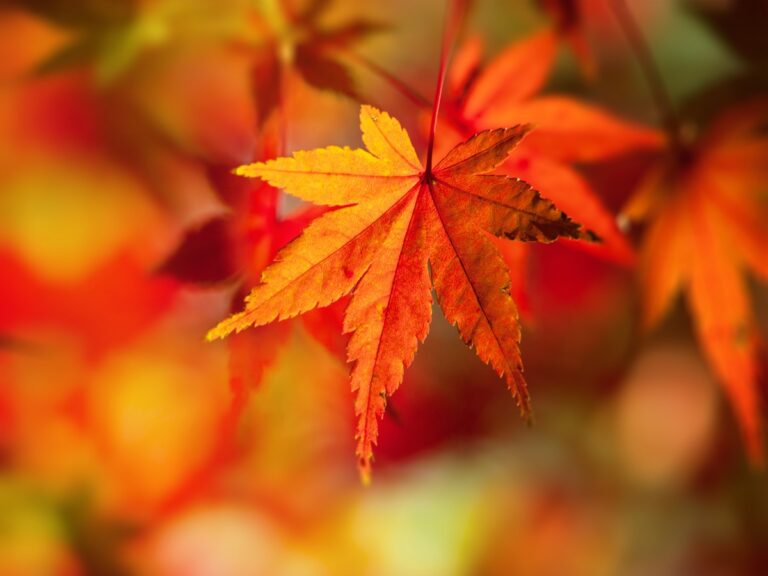
2023 October Meditation
Returning to what we explored earlier this year, notice any change in your experience over this time of recognizing the living presence of relationships, collaborative communities, that are everywhere in your life and that your radiating presence touches everyone and everything you encounter along the way.
Bring to mind all the many people and life forms who work behind the scenes of your everyday experience to make your life possible; think of farmers and what they produce to contribute to what you eat and enjoy; imagine all the people who make and repair farm equipment; imagine the people who participate in communities that bring you electricity, water, garbage pickup, mail and packages; imagine all the people who contribute in any way to items you use as part of your daily life, including gadgets, household items, clothing, and more; each time you do this meditation, think of more people who are part of this community, people with whom you are in relationship even when you don’t recognize it; offer gratitude and blessings to all of them—acknowledging that without them your life would be very different. Notice your experience in your heart space as you do this.
Please remember never to listen to guided audio meditations while driving or using dangerous machinery.
Here’s the YouTube version if you’d like to see images of nature as you listen:
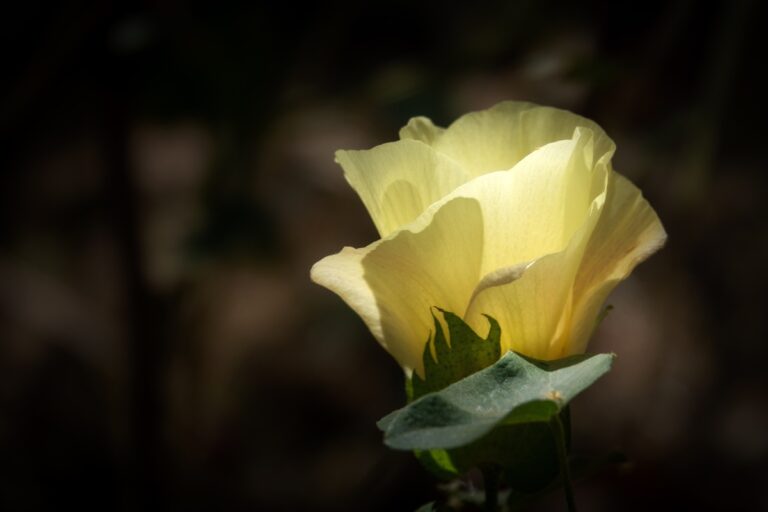
2022 April Meditation
Note: The recording for the next few months isn’t as clear as earlier recordings because the external microphone stopped working. I hope to have a new one for recordings in coming months, although the next three months will have the same fidelity as this one…
This year, we are exploring the dynamics of attuning ourselves to a variety of frequencies, which are the energy qualities of different states of being. This month, we focus on the frequency/ quality of equanimity, attuning to that living essence in whatever ways allow it to come alive to and within us.
If you prefer to have visual images with your meditation, below is our YouTube version of the same guided meditation with nature photos…
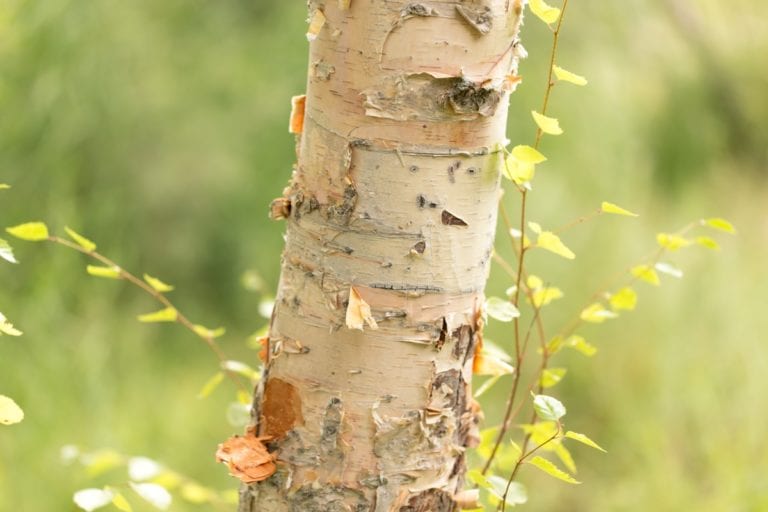
747th Week: The Power of Fear
One of the things the Internet has given us is more access to connecting and communicating with one another. This is all to the good when the communication promotes the well-being of everyone. It becomes a problem when it allows people to feed their fears. We see this phenomenon around the world in those groups that seek to oppress or eliminate other groups of people who may be different from them or in some way represent a threat.
As a trauma specialist, this got me to thinking about how important it is to be conscious of our fears and to cultivate ways to become even more conscious of, meet, and process this powerful emotion. So much of what creates division and conflict among human beings—be they in a one-on-one relationship, a family, a community, a country—is the presence of underlying, and often unrecognized or disowned, fear.
For this week’s practice, I’d like to offer a practice that can be helpful in recognizing and dealing with the presence of fear. Fear isn’t an emotion we can eliminate because it’s an important survival response that we need throughout life. It’s essential that fear can motivate us to jump out of the way of a bus we hadn’t seen, or remind us not to walk down a dark alley alone in the middle of the night. The problem is that we are often afraid of things that aren’t threatening and, when we act on these kinds of fears, we often generate even more trauma in ourselves and others.
Read More “747th Week: The Power of Fear”